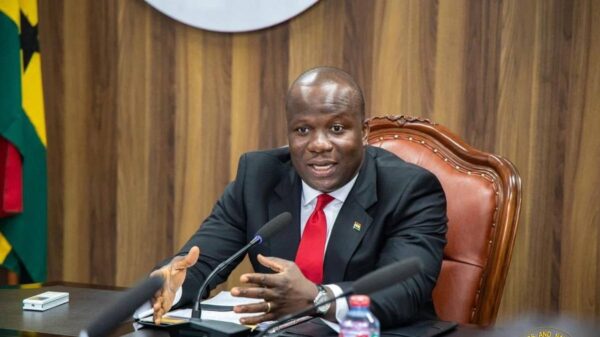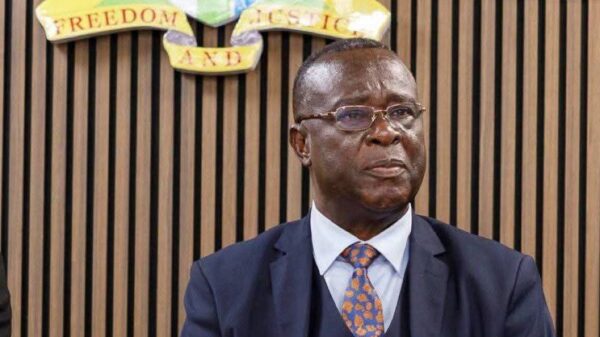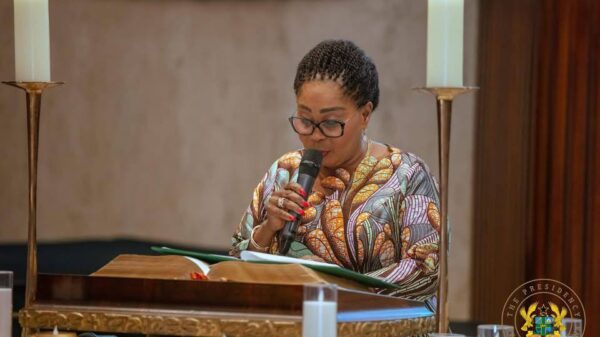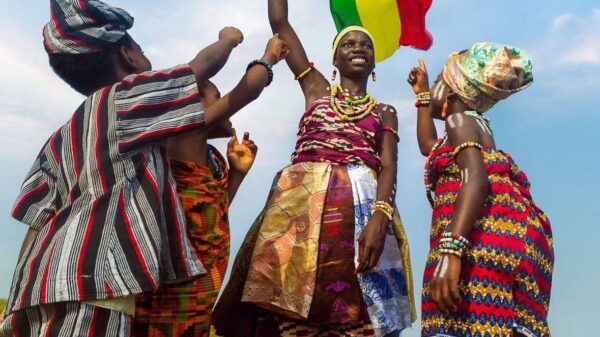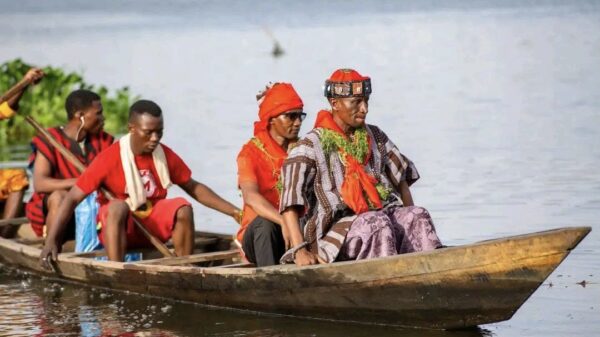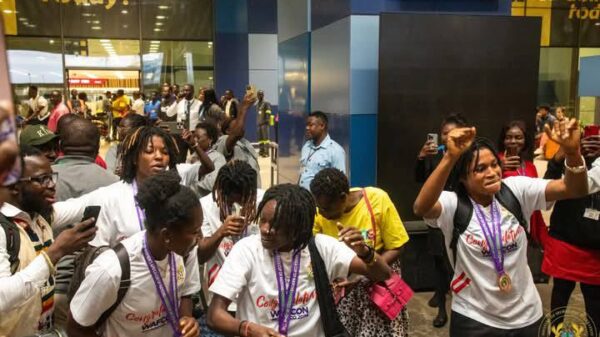The Government of Ghana has launched a significant initiative to tackle illegal mining activities and protect the country’s vital water resources. A total of 456 Blue Water Guards, trained by the Ghana Navy, have been deployed to monitor and safeguard water bodies in mining areas plagued by illegal mining, commonly known as “Galamsey.” This move is part of a larger effort to address the severe environmental challenges caused by unauthorized mining operations, particularly in river bodies.
The Blue Water Guards have undergone rigorous training in partnership with the Ghana Navy’s Riverine Command and the Minerals Commission. The training program equips them with essential skills such as water surveillance, swimming, and enforcement techniques, enabling them to effectively monitor and protect rivers from illegal activities. In the first phase, 400 recruits were trained, with plans to expand the program to train a total of 2,000 Blue Water Guards across the country. This initiative is expected to have a far-reaching impact, especially in regions such as the Western Region, where illegal mining has significantly polluted water bodies. The deployment of the guards is expected to strengthen the government’s commitment to addressing the alarming contamination of water resources and ensuring the long-term sustainability of these vital ecosystems.
Illegal mining has wreaked havoc on many of Ghana’s rivers, with toxic chemicals and sedimentation disrupting the natural flow of water. One notable example is the contamination of the Bonsa Water Treatment Plant in Tarkwa, which had to shut down due to pollution caused by unauthorized mining activities. The Blue Water Guards are tasked with safeguarding river bodies like these by preventing illegal miners from encroaching on protected water zones and ensuring that the water quality remains intact.
Hon. Emmanuel Armah-Kofi Buah, the Minister of Lands and Natural Resources, emphasized the importance of protecting Ghana’s rivers, which are essential for providing drinking water, supporting agriculture, sustaining fisheries, driving tourism, and facilitating transportation. He reiterated the government’s commitment to tackling the adverse effects of illegal mining, which has caused extensive damage to the environment.
A key element of the Blue Water Guards program is its focus on community engagement. By recruiting individuals from local communities, the government aims to foster a sense of responsibility and ownership in the effort to protect water bodies. The Blue Water Guards will work closely with traditional authorities, local leaders, and residents to ensure a collective effort in addressing illegal mining and environmental degradation. The training also focuses on collaboration with local communities to ensure that the guards are seen as partners in preserving the environment. This model encourages mutual respect and cooperation, which is essential for achieving long-term success.
The deployment of the Blue Water Guards is just the beginning of a broader strategy to restore Ghana’s rivers and promote sustainable mining practices. As the program expands, it is expected to play a crucial role in reducing illegal mining activities, improving water quality, and supporting the livelihoods of communities that rely on healthy water systems. The initiative aligns with the government’s broader agenda of environmental sustainability and economic growth, positioning the Blue Water Guards as a cornerstone in the fight against illegal mining and the protection of Ghana’s water resources for future generations.
Through this innovative program, the government is setting a clear example of how coordinated efforts between state institutions, local communities, and environmental stakeholders can work together to tackle one of the most pressing challenges facing the nation today.


